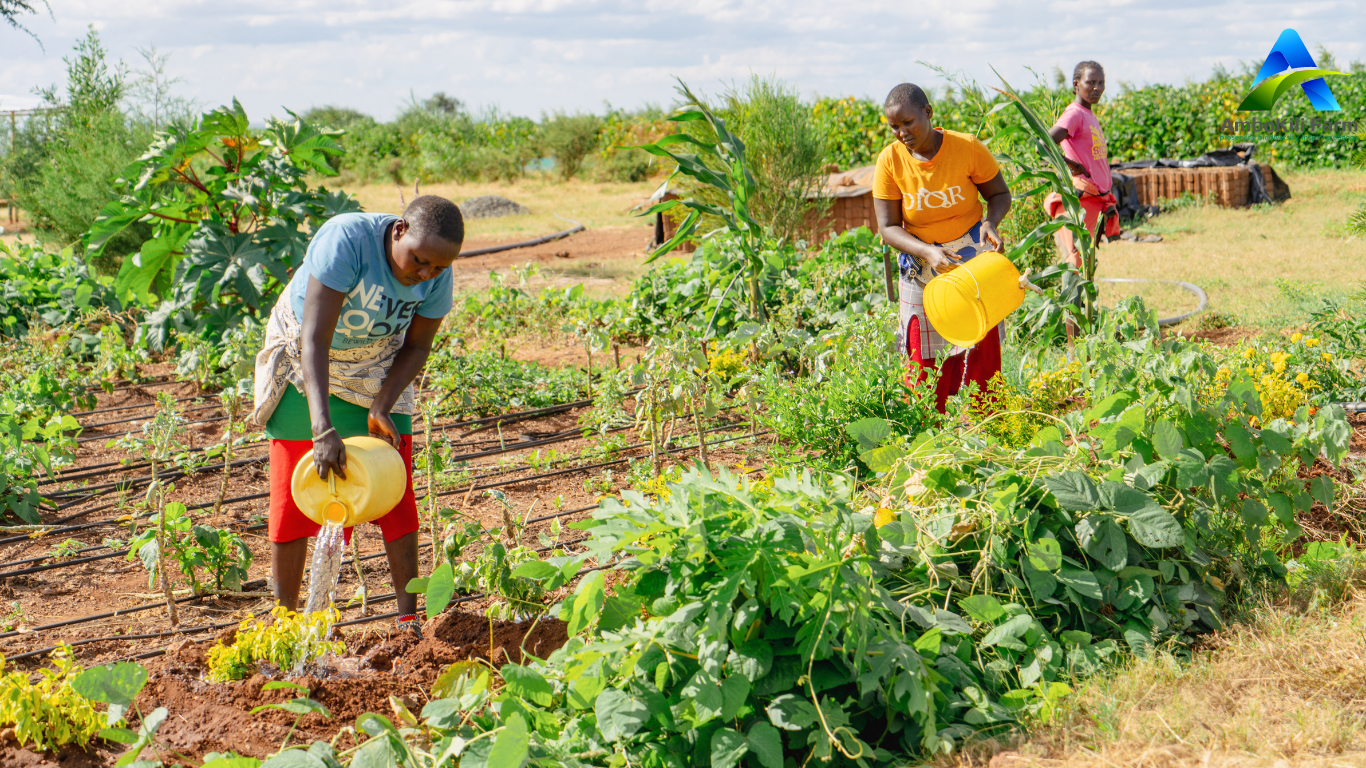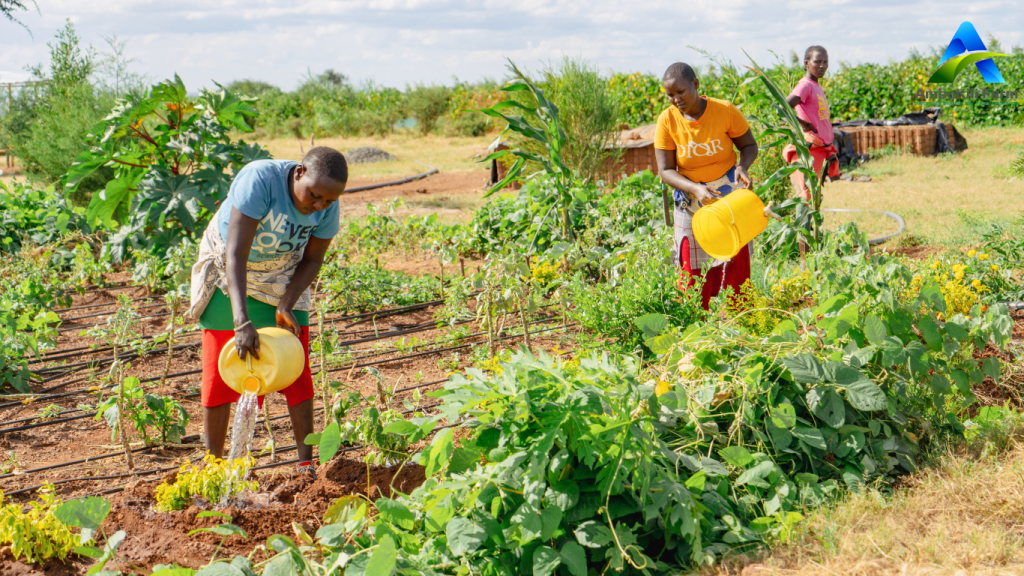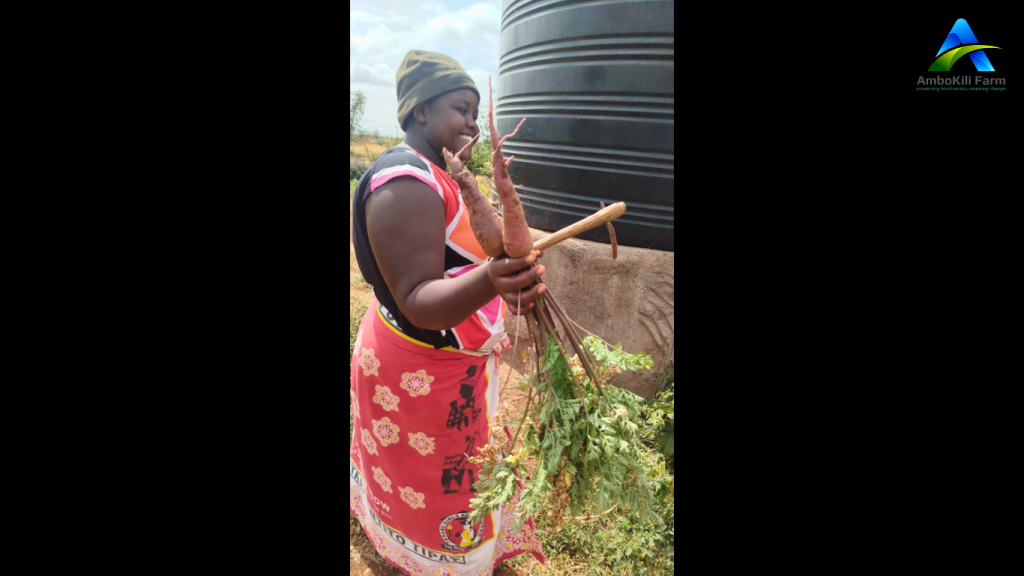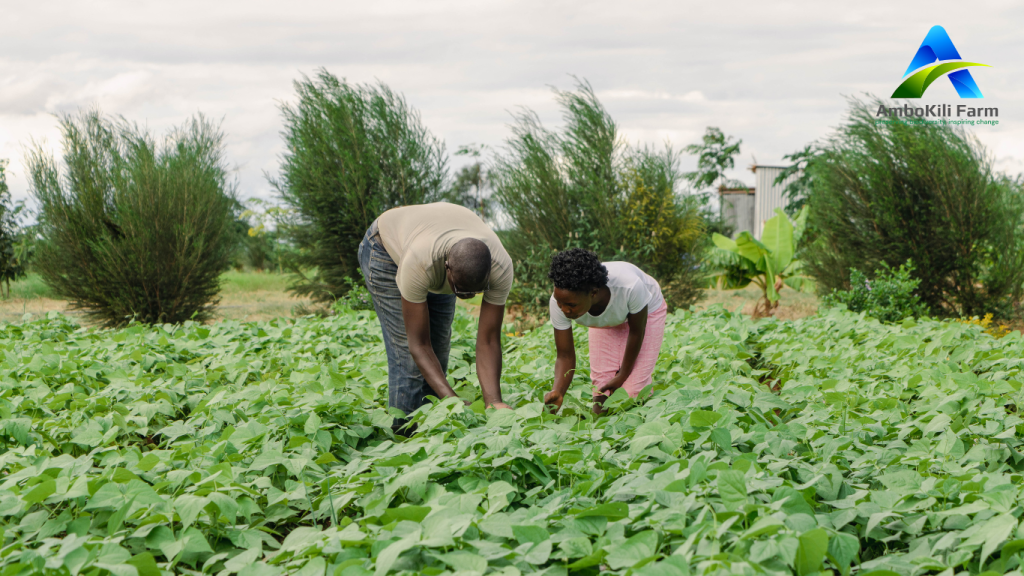Globally, women account for nearly 43% of the agricultural labour force. In some parts of the world, particularly in Africa and Asia, this figure is even higher. Despite their significant presence, these women often work in poor conditions. Unlike their male counterparts, they have less access to land, credit, agricultural inputs, education, and technology, making it incredibly challenging for them to thrive in their agricultural endeavors.
In Africa, women contribute more than 60% of the labour in food production, yet they own less than 20% of the land. This disparity is not only unfair but also detrimental to the overall productivity of the agricultural sector. If women had the same access to resources as men, it is estimated that they could increase farm yields by 20-30%, which could significantly reduce the number of hungry people in the world by up to 150 million.
Significant Challenges Women in Agriculture Face
- Land Ownership: Shockingly, women own less than 20% of the land globally (data by UN Women, 2023). In many cultures, land ownership is traditionally passed down to men. This leaves women with little to no land, making it difficult for them to engage in meaningful agricultural activities.
- Unpaid Labour: Much of the work women do in agriculture is unpaid, making it difficult to invest in their farms and families.
- Inadequate Access to Credit: Without land or other assets to use as collateral, women often struggle to obtain credit to invest in their farms. This limits their ability to purchase seeds, fertilisers, and other essential inputs.
- Lack of Education and Training: Rural women often have lower levels of education compared to men. This lack of knowledge prevents them from adopting modern farming techniques and accessing information on markets and pricing.
- Limited Access to Technology: The agricultural sector is increasingly becoming technology-driven, yet rural women often lack access to these advancements. This puts them at a disadvantage and reduces their productivity.
Our experience at Ambokili Farm
At Ambokili Farm, most of the workers are female. We aim to build families around Kimana. However, at the initial stages of our programmes, through monitoring and evaluation, it became clear that the men were less responsible. When paid, they’d often use it on themselves and on less necessary things like alcohol, leaving their families without basic needs. Their wives would often complain, and it was clear that the impact we intended was not getting to the families. We thus, incorporated more women at the Farm. What have been the results? The money these families get is better utilised and the women invest more in their homes and families.
Why Supporting Rural Women in Agriculture Matters
Supporting women in agriculture, particularly those in rural areas, is not just a moral imperative; it’s an economic and social necessity. Here’s why:
- Food Security: Women play a crucial role in food production, processing, and distribution. By empowering them with resources, education, and technology, we can enhance food security not only at the household level but also globally. Women are more likely to reinvest their earnings into their families, improving nutrition and overall well-being.
- Economic Growth: Agriculture remains the mainstay of many rural economies. Women, as key players in this sector, can drive economic growth if given the right support. Closing the gender gap in agriculture could boost agricultural output in developing countries by 2.5-4%, leading to significant economic gains.
- Sustainable Development: Women in rural areas are often the custodians of traditional knowledge and sustainable farming practices. By supporting them, we are not only preserving biodiversity and promoting environmental conservation but also ensuring the sustainability of agricultural practices for future generations.
- Gender Equality: Empowering women in agriculture is a step towards achieving gender equality. It challenges the societal norms that limit women’s participation in decision-making processes and enables them to take leadership roles in their communities.
How to Support Women in Agriculture
Supporting women in agriculture, especially in rural areas, requires a multifaceted approach:
- Policy Reforms: Governments need to implement policies that promote gender equality in land ownership, access to credit, and agricultural inputs. These policies should also focus on providing education and training to women farmers.
- Access to Resources: Providing women with access to land, credit, technology, and markets is crucial. This can be achieved through government programs, non-governmental organisations, and private sector initiatives.
- Education and Training: Offering educational programs and training workshops tailored to the needs of rural women can help them improve their farming techniques, increase productivity, and access better markets.
- Support Networks: Establishing cooperatives and support networks for women farmers can help them share resources, knowledge, and best practices. These networks can also serve as platforms for advocacy and policy influence.
- Awareness Campaigns: Raising awareness about the contributions of women in agriculture and the challenges they face can help change societal attitudes and promote gender equality in the sector.
Supporting women in agriculture, especially those in rural areas, is not just about uplifting a marginalised group; it’s about securing our collective future. When women thrive, communities thrive. By empowering these unsung heroes of agriculture, we are investing in a more equitable, sustainable, and prosperous world. It’s time we recognise and support the vital role women play in feeding the world. The future of agriculture depends on it.





